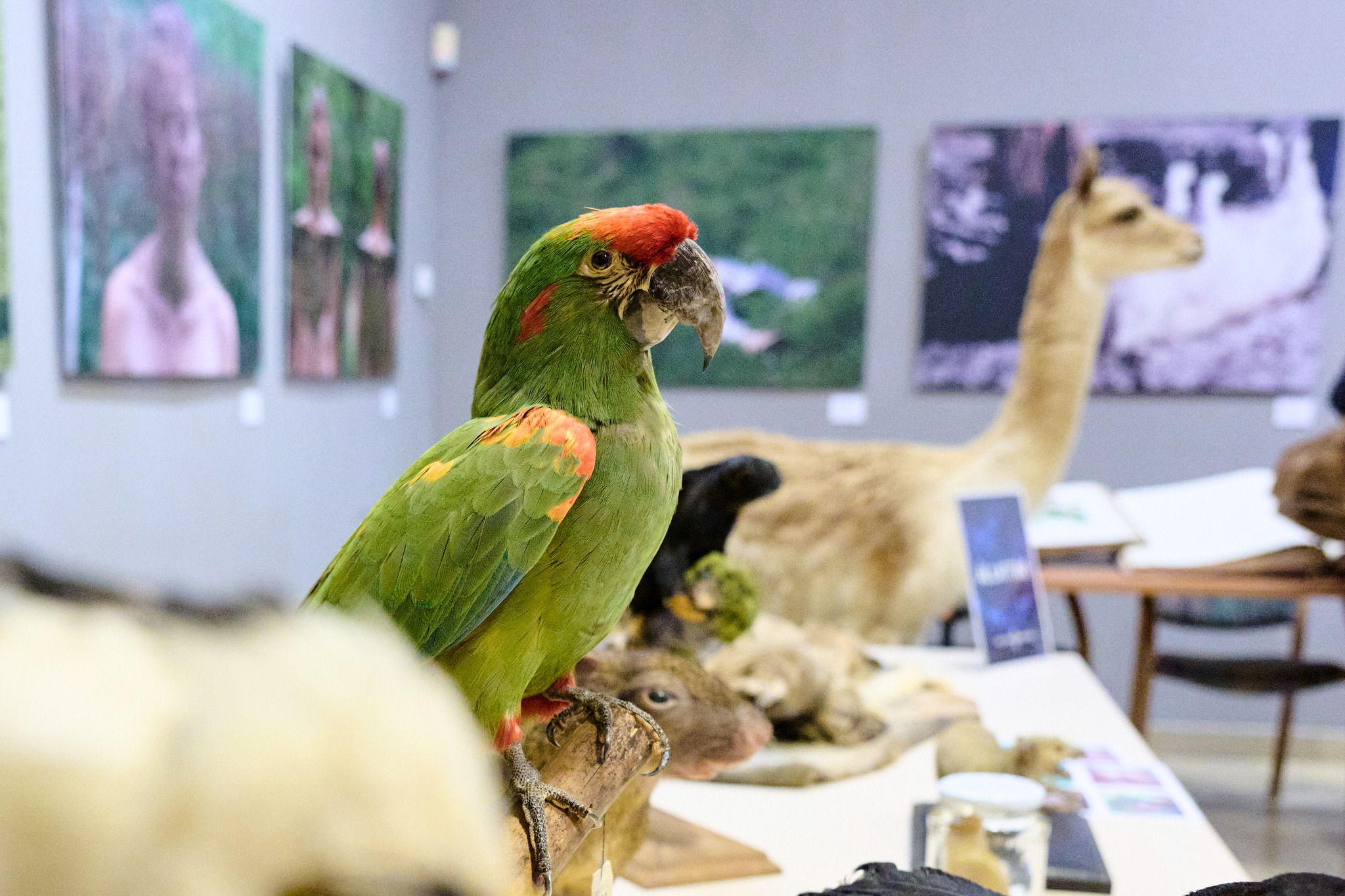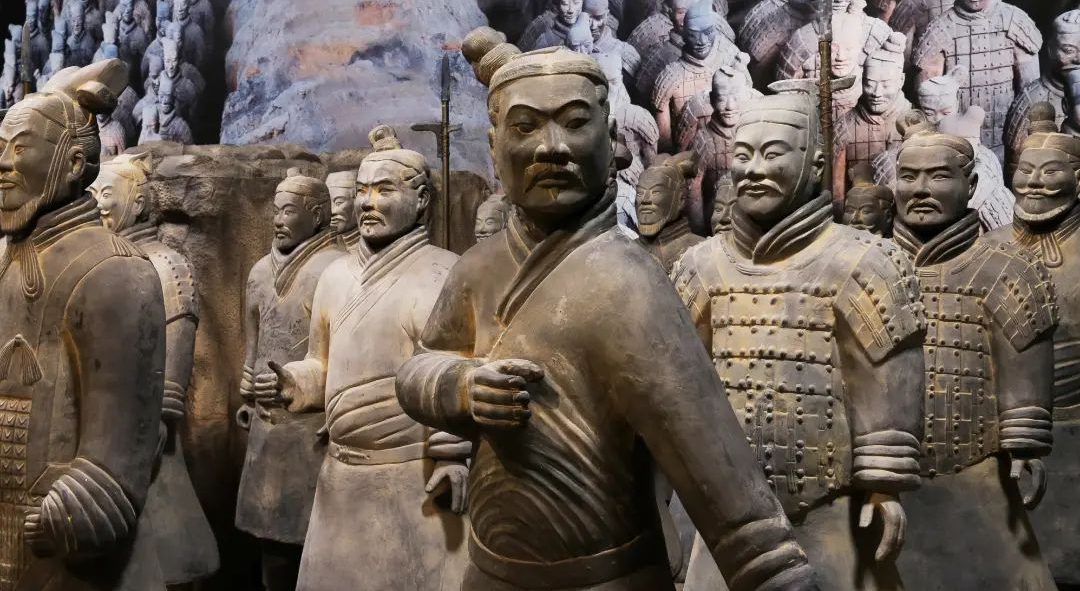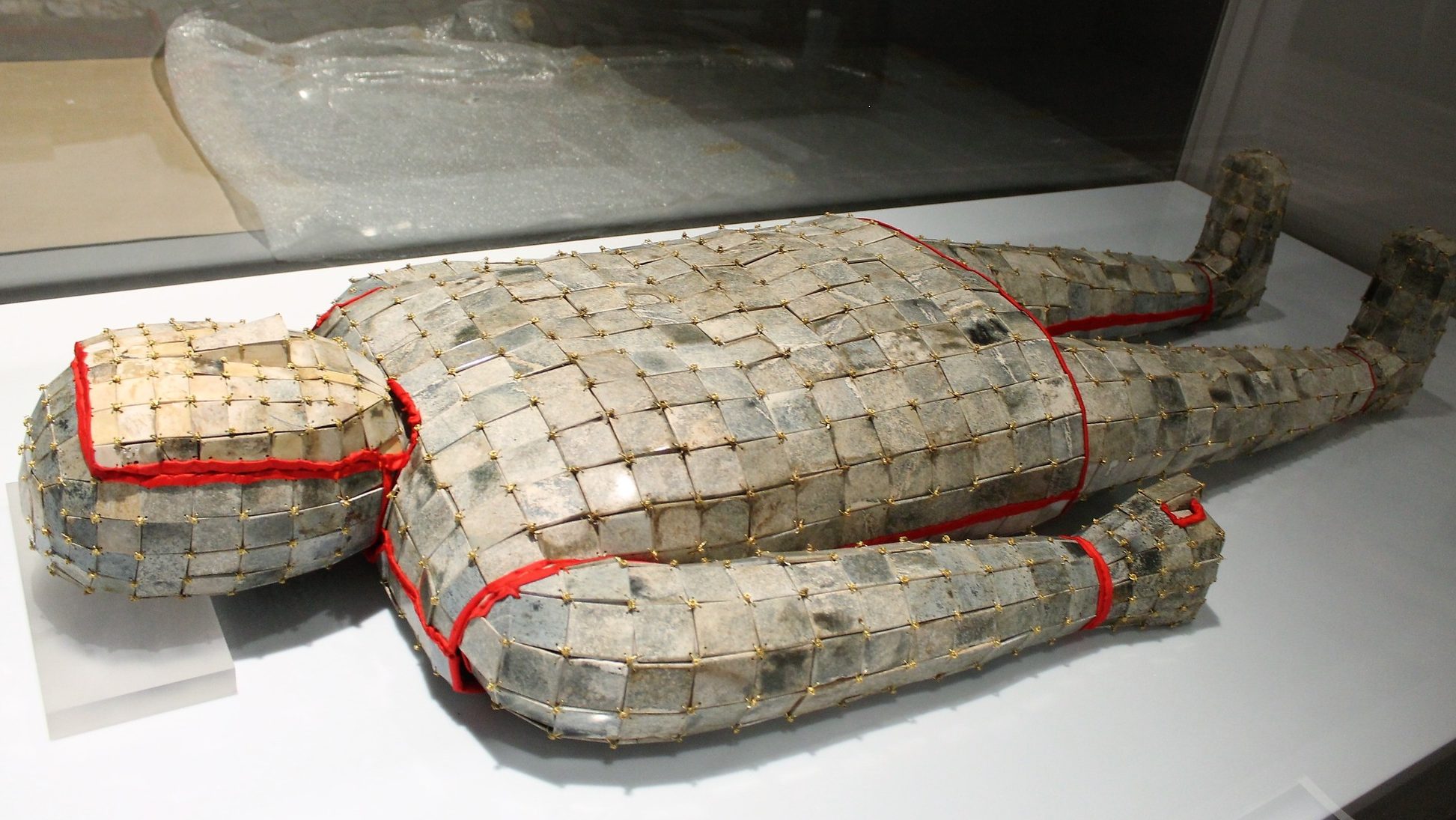
This year, the event will be based around the slogan "We are in the Trend" and will be held in Veszprém, the European Capital of Culture.Continue reading

A very rarely exhibited piece of full-body jade armor used in the burial of emperors outside China is on display at the Móra Ferenc Museum in Szeged, in an exhibition on the Han Dynasty.
Curator Gu Xiance, deputy head of the art department of the Shanghai Museum, said at a press conference on Thursday that the exhibition, which is a collaboration of Chinese public collections, brings the finest pieces of archaeological material from the Han Dynasty to Szeged.
The Shanghai Museum is an important center of Chinese culture with a collection of one million pieces.
The museum has lent jade, bronze, and ceramics to the exhibition in Szeged, which will give visitors a glimpse into the lives of the rulers, officials, and ordinary people of the period,
the expert said.
Chiu Venhua, deputy head of the collection at the Xinzhou Museum, said one of the most interesting objects in the exhibition is a full-body funerary armor made of some 2,000 pieces of polished jade. Such armor was only used for the burial of the highest ranking officials.
Another interesting piece in the exhibition is a ceramic mask that does not depict a Chinese man, but rather reflects Middle Eastern or Eastern European features, said Chen Jungchen, a conservator at the Chengdu Archaeological Institute. This mask is also evidence of the lively relations China had with the Middle East or Europe during the Han Dynasty. Curator Györgyi Fajcsák explained that
the Han Dynasty was a period of great importance in Chinese art. It was the time when the Chinese empire was consolidated.
The exhibition takes visitors on a journey through four themes. The first section explores everyday life through tomb ceramics that were designed to represent the environment of the deceased. The next element presents the objects of domination: seals, weapons of conquest, and jade objects symbolizing power, the museologist said.

The jade funerary armor. Photo via Facebook/Móra Ferenc Múzeum
The curator underlined that the most important item in the section on belief in the afterlife is the jade funerary armor, of which just over 20 have been found during excavations and are rarely exhibited outside of China. Not only is the armor made of the special mineral, jade objects were also placed in the nine orifices of the deceased’s body to prevent the soul from leaving.
The final section of the exhibition, which opens on the Night of Museums, will focus on the relationship between ancient China and the outside world, with the Silk Road being developed during the Han Dynasty. Artifacts of people living on the borders of China, including the Asian Huns, will also be seen.
Via MTI, Featured Image via Facebook/Móra Ferenc Múzeum